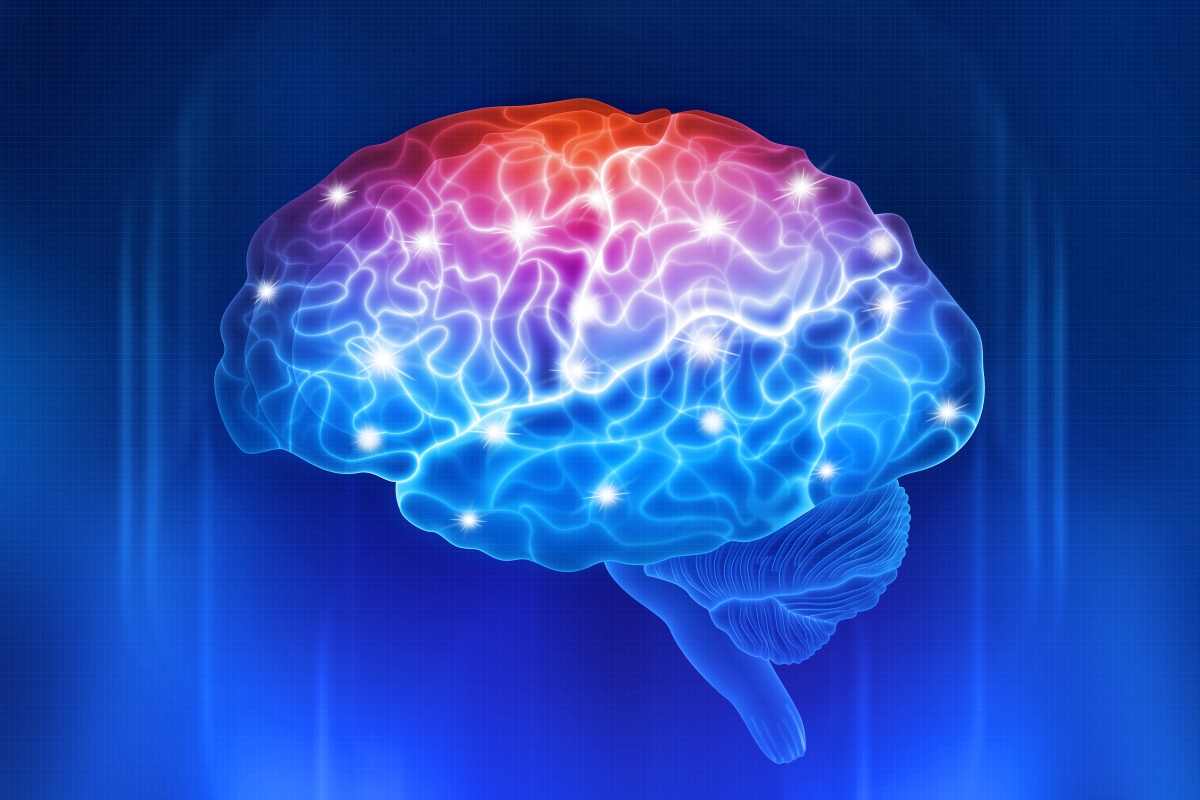The influence of healthy eating index on cognitive function in older adults: chain mediation by psychological balance and depressive symptoms
The relationship between the Chinese Healthy Eating Index (CHEI), psychological balance, depressive symptoms, and cognitive performance in the senior population living in rural areas is examined in this study by Jiang et al. (2024). Additionally, this study looks at how CHEI affects cognitive performance and if depressive symptoms and psychological balance mediate this link. The authors examined data from the Chinese Longitudinal Healthy Longevity Study (CLHLS), which included 2,552 rural individuals 65 and older. CHEI scores, ranging from 0 to 50, were self-reported and reflected adherence to healthy eating habits. Psychological balance was assessed based on status and personality-emotion characteristics, with scores from 6 to 30. Cognitive performance was evaluated using the Mini-Mental State Examination (MMSE); higher scores indicated improved cognitive function, while symptoms of depression were evaluated using the Center for Epidemiologic Studies Depression Scale (CESD-10). With a median CHEI score of 40.0, healthy eating practices were somewhat adhered to. Mild depression symptoms were suggested by the median Psychological Balance score of 19.0 and the median depression Symptoms score of 13.0. Cognitive abilities were relatively steady, with a median Cognitive Function score of 28.0. According to data analysis, there was a negative correlation between depressive symptoms and psychological balance, CHEI, and cognitive performance. There was a favorable correlation between CHEI and psychological equilibrium and cognitive function and a favorable correlation between psychological equilibrium and cognitive function. Mediation analysis revealed that the association between CHEI and cognitive function was partially mediated by psychological balance and depressed symptoms, creating a chain-mediating effect. The authors conclude that the Chinese Healthy Eating Index immediately and favorably impacted cognitive function in the elderly living in rural areas. Additionally, it indirectly affected cognitive health through its roles in improving psychological balance and reducing depressive symptoms. These findings suggest that a diet adhering to healthy eating practices can enhance cognitive function, both directly and indirectly, by improving mental well-being and alleviating depressive symptoms. [NPID: Rural older adults, Chinese healthy eating index, psychological balance, mediation affect, depressive symptoms, cognitive function]
Year: 2024
 Navigation
Navigation








